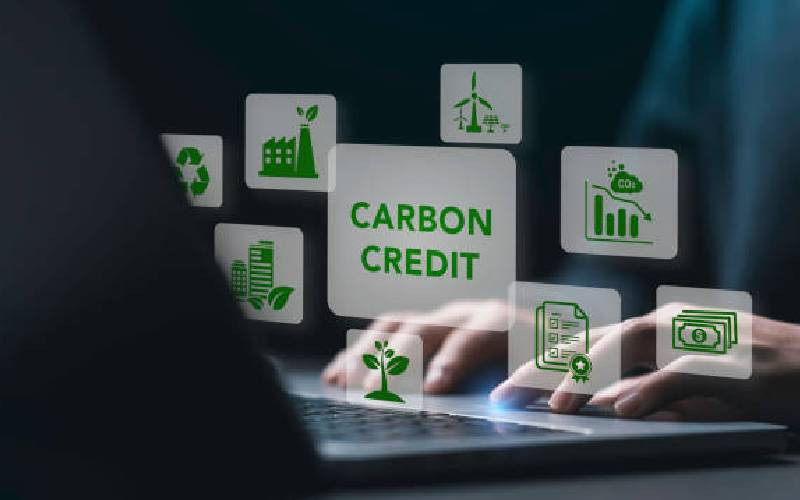
Kenya's move to cede millions of acres of land to Blue Carbon, a young Dubai firm, for creation of carbon credits just days to the highly awaited Cop 28 is a clear demonstration of how the controversial emission offsetting programme will feature as one of the biggest agendas at the summit.
"The FOC (Framework of Collaboration) was signed with the State Department of Environment and Climate Change and underlined Blue Carbon's commitment to explore and support Kenya's Article 6 readiness as per the Paris Agreement, whereby carbon credits are generated in the form of Internationally Transferable Mitigation Outcomes (ITMOs) and aligned with national climate targets," said Lesia Buinoza, a spokesman for Blue Carbon.